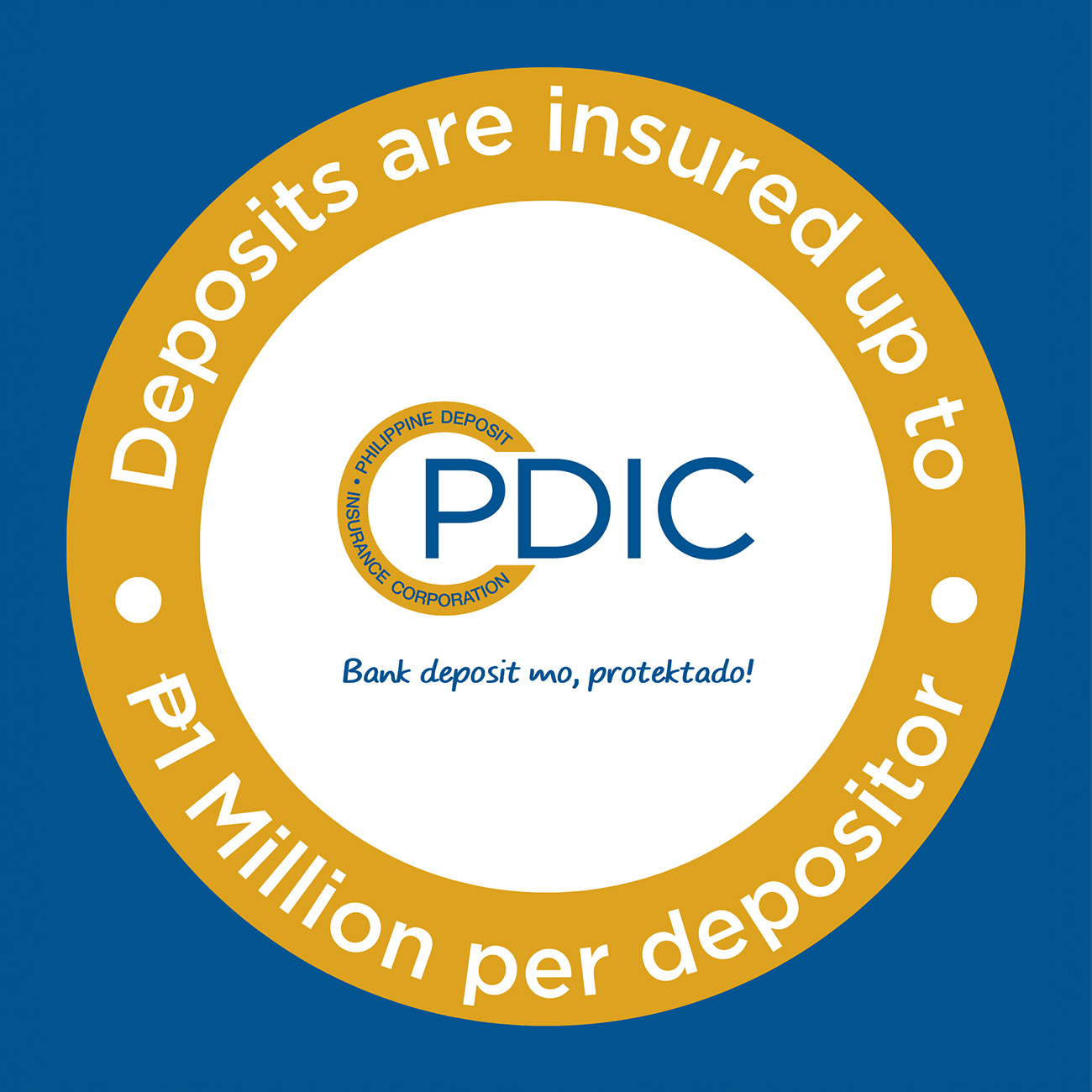Loans are financial tools that give you freedom and flexibility to pursue opportunities that may otherwise feel out of reach. Whether it’s buying your first car, moving into a new home, or starting a small business, borrowing responsibly can help turn your goals into reality.
With so many types of loans available, it's crucial to understand their unique purposes to find the right one for your needs and goals. By learning how these loans work, you’ll be more confident in making borrowing decisions that support your financial journey.
Banks are considered reliable lenders, and they typically offer lower interest rates and other perks for existing clients. They also provide in-person customer service to help you choose the best loan type.
Here are the most common types:
Personal Loan
A personal loan is one of the most flexible borrowing options you can find. It’s typically unsecured, meaning you don’t need collateral like a house or car.
You can use a personal loan for almost anything, including:
- Consolidating debts
- Funding medical needs
- Financing travel expenses
- Paying tuition fees
Repayments are usually fixed, giving you predictable monthly payments that fit into your budget. With its flexibility, a personal loan is ideal for individuals who need quick financing for a wide range of personal needs.
Auto Loan
Your dream car is closer than you think. An auto loan makes car ownership more achievable by spreading the cost over time. Instead of paying in one lump sum, you can finance your car and enjoy fixed monthly payments.
Since the loan is secured by the car itself, it often comes with more competitive interest rates compared to unsecured loans.
An auto loan also follows structured repayment terms, so you’ll know exactly how much you need to pay every month. This kind of loan is an excellent choice for those who want the convenience and reliability of having their own vehicle without depleting their savings all at once.
Motorcycle Loan
For many Filipinos, motorcycles are a practical and affordable mode of transportation, especially for daily commutes or small deliveries. A motorcycle loan helps you purchase a brand-new motorcycle through manageable installment payments. The loan usually requires only a modest down payment and offers flexible repayment terms that fit your budget.
Housing Loan
Buying or building a house is one of the biggest investments you’ll ever make, but it’s worth it to have something you can call your own. A housing loan makes this possible by spreading the significant cost over an extended period, making homeownership more accessible
Housing loans can be used not just for buying a property but also for constructing, renovating, or even refinancing an existing property. With repayment terms that can stretch up to 20 years (sometimes even more), these loans allow you to work around your long-term financial plans. Since the property itself serves as collateral, banks can offer sizable loan amounts and structured terms.
Business Loan
For entrepreneurs, access to capital can mean the difference between staying small and achieving growth. A business loan provides the financial support you need to expand operations, buy new equipment, or maintain cash flow during challenging periods.
Depending on your needs, these loans can be secured or unsecured and often come with repayment structures that suit business cash cycles. Loan amounts can also be larger compared to personal loans, giving you room to scale.
Debt Consolidation Loan
A debt consolidation loan simplifies repayment by combining multiple debts into a single loan with one monthly payment. Instead of managing various due dates and varying interest rates, you’ll pay just one bill, which is often at a lower cost. This not only makes budgeting easier but can also reduce financial stress.
There are just some of the most common loans offered by banks. While there is no fixed answer to the question, “How many types of loans are offered in banks?” you can always ask your local branch about their specific offerings. They can give you a better perspective on your financial standing and help you choose the right loan for you.
With so many types of loan options available, it's important to make an informed decision. Here are some key considerations to guide you:
1. Interest Rate and Ability to Repay
Interest rates vary depending on the kind of loan you choose. While a lower rate may seem attractive, always consider your ability to comfortably afford the monthly installments. Borrow within your means to avoid future financial stress.
2. Credit Score
Banks evaluate your repayment history and overall financial standing before approving your loan application. A healthy credit record helps increase the chances of loan approval. Make sure that your financial profile reflects that you are a trustworthy, low-risk borrower.
3. Loan Purpose
Be clear about your borrowing purpose. Each loan is tailored to meet a specific need and using the wrong one can cause problems.
For example, using a home loan to fund a car purchase is not a good idea because most lenders restrict what you can use the money for. Choosing a loan that matches its intended purpose will not only increase your chances of getting approved but also help you secure better loan terms.
4. Loan Amount and Term
The loan amount is how much money you borrow, while the loan term is the length of time you have to repay the loan.
A longer loan term means your monthly payments will be smaller, which can help you manage your budget. But it also means you will pay more interest overall. Meanwhile, a shorter loan term will have higher monthly payments, but you'll pay less interest in the long run.
Choosing between a higher down payment and a longer loan term will depend on your ability to repay.
5. Fees and Other Charges
Beyond the interest, banks may charge processing fees, insurance premiums, or penalties for late payments. Understanding the full cost upfront ensures you won’t be caught off guard.
6. Collateral
Some loans require collateral as assurance that you’ll repay the bank; these are called secure loans. While they usually have lower interest rates, you could lose the collateral if you’re not able to pay.
Other loans don’t ask for anything valuable up front. They might have higher interest rates, but you won’t risk losing your assets if you miss payments.
7. Flexibility of Terms
Check if the loan allows early repayment or restructuring. Flexibility can give you breathing room if your financial situation changes.
Loans can give you more financial freedom by providing the capital you need to achieve your goals. You can purchase high-value items, grow your business, or improve your quality of life without having to deplete your hard-earned savings.
Thinking about a loan? Take a moment to assess your needs and repayment plan. Making an informed decision based on the different types of loans available can help you achieve your goals without financial strain.

When is the Best Time to Apply for a Loan?

How to Choose Between a Higher Downpayment vs. a Longer Loan Term



